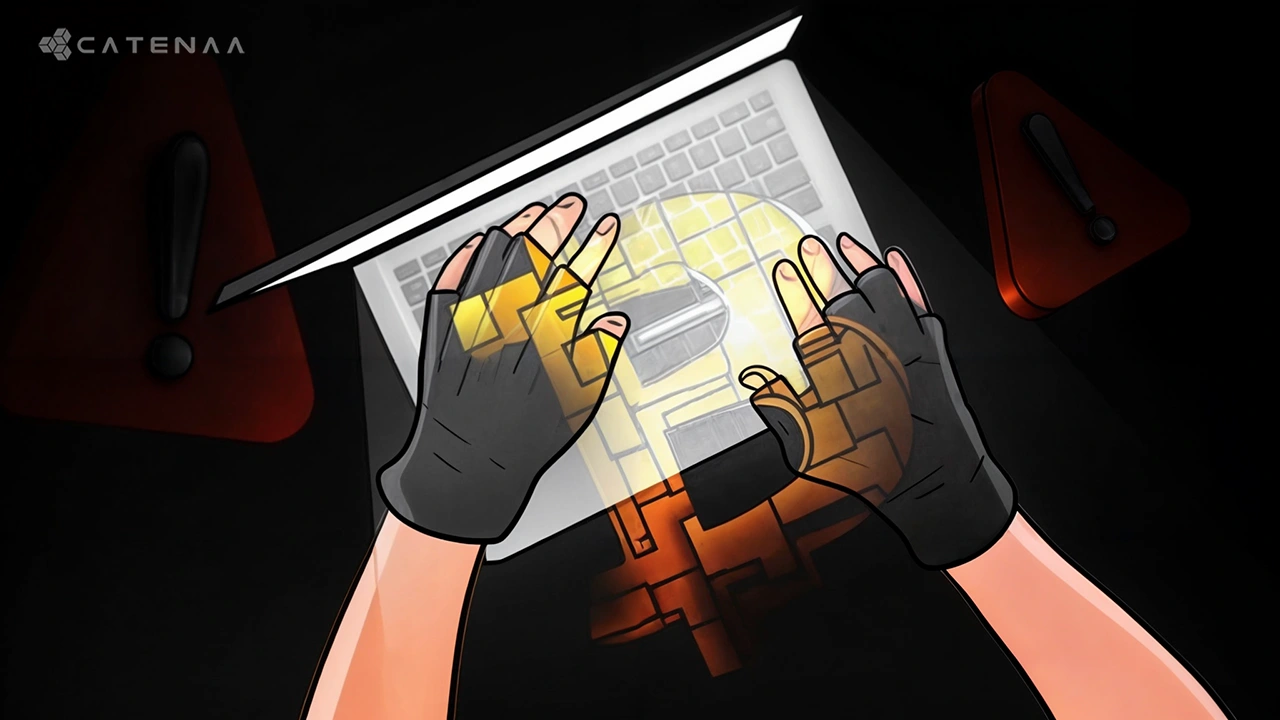Washington, DC, Friday, October 11, 2024- In an unprecedented move, the Federal Bureau of Investigation created its own cryptocurrency token to trap scammers engaging in pump-and-dump schemes.
FBI Statement can be seen here.
The website created for the sting operation can be reached here.
The operation, dubbed “Operation Token Mirrors,” resulted in the arrest of 18 individuals and entities accused of manipulating cryptocurrency markets.
The FBI’s undercover crypto company, NexFundAI, was designed to lure fraudsters who artificially inflate token prices before selling off their holdings for a profit. Three firms, ZM Quant, CLS Global, and MyTrade, were allegedly involved in “wash trading,” a practice where traders buy and sell the same asset to create the illusion of increased demand.
The DOJ’s indictment revealed that the scammers used Telegram and WhatsApp to communicate and share memes about their activities. One fraudster, Andrey Zhorzhes, explained in a video chat with the FBI how his company’s services worked.
The FBI’s operation has led to the seizure of at least $35 million in cryptocurrency. Several defendants have already pleaded guilty or agreed to do so. While the charges may deter some scammers, the crypto market remains a hotbed for fraudulent activity.
In the operation 18 individuals and entities have been charged for their involvement in cryptocurrency fraud and manipulation schemes.
The FBI’s Operation Token Mirrors revealed how scammers artificially inflated token values through deceptive practices like wash trading. Companies like ZM Quant, CLS Global, and MyTrade were implicated.
The FBI seized $35 million in crypto assets, with charges spanning across the U.S., UK, and Portugal.
Several individuals have already pleaded guilty, and the investigation continues to target further crypto fraud activities.


